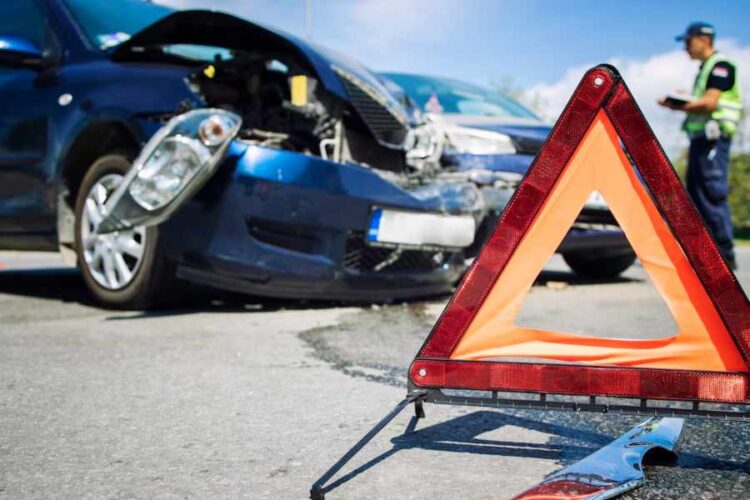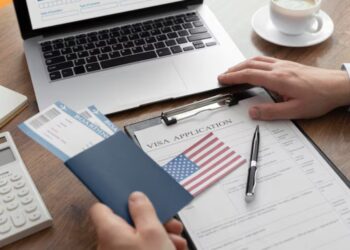In the immediate aftermath of a road accident, emotions run high, and confusion often clouds judgment. It’s easy to underestimate the importance of taking proper legal steps, especially when the damage seems minor or the parties involved appear cooperative. However, the decisions made in those first few hours and days can have long-term legal, financial, and even health-related consequences.
Following the correct legal procedures after a road accident is not just about filing paperwork—it’s about protecting your rights. From ensuring compensation for damages to avoiding liability for something you didn’t cause, your ability to navigate the legal process correctly plays a critical role in the outcome of your case.
Whether you’re dealing with a minor fender bender or a more serious crash, understanding the procedures that follow an accident helps ensure your safety, your financial future, and your legal standing.
Immediate Steps That Protect Your Rights
The first few moments after an accident can be chaotic. However, there are essential actions that should be taken right away to establish a legal foundation for any future claims. First and foremost, ensure everyone’s safety and call emergency services if necessary. Even if injuries aren’t immediately apparent, it’s important to get medical attention—some symptoms can take hours or days to surface.
Once everyone is safe, document the scene thoroughly. Take photos of all vehicles involved, road conditions, signage, and any injuries sustained. Gather contact and insurance details from the other driver, and collect information from any witnesses. This documentation will prove invaluable later if a dispute arises regarding fault or damage.
Even if the other driver suggests handling things “informally,” avoid making verbal agreements. Not reporting the accident to the authorities or your insurance provider can severely limit your options if the other party later changes their story or if you uncover injuries or damages that were not initially visible.
The Role of the Police Report
A police report serves as an objective third-party account of the accident and often plays a significant role in insurance claims and legal proceedings. Law enforcement officers are trained to assess accident scenes, gather statements, and document evidence that individuals may overlook.
This report may include diagrams, witness accounts, and officer observations that support or challenge the statements made by either driver. In disputes over liability, especially in cases involving personal injury or significant property damage, a police report can tip the scale in your favor.
Always request a copy of the police report and review it for accuracy. Any inconsistencies should be addressed promptly, as correcting errors early can prevent future complications in insurance negotiations or court proceedings.
Dealing With Insurance Companies the Right Way
One of the biggest mistakes people make after an accident is assuming the insurance company is working in their best interest. While insurers are obligated to process claims, their primary goal is to minimize payouts. This is why it’s vital to communicate carefully and strategically from the very beginning.
When speaking with adjusters, stick to the facts. Avoid speculating about the cause of the accident or minimizing your injuries. Anything you say can potentially be used to reduce your compensation or deny your claim entirely. Provide documentation such as medical records, repair estimates, and photographs to support your case.
If the process becomes overwhelming or if you feel pressured to settle too quickly, it may be time to consult a professional. A qualified San Diego car accident lawyer can guide you through the claims process, ensuring you receive fair treatment and are not taken advantage of by an insurance company looking to close the case quickly. They can also represent you if a lawsuit becomes necessary and help gather further evidence to strengthen your claim.
A road accident is a stressful event that can have serious consequences long after the vehicles are towed away. Following legal procedures is more than just red tape—it’s a way to protect your health, your finances, and your rights. From securing evidence at the scene to seeking medical attention and consulting legal experts, each step matters. Proper documentation, timely action, and professional support ensure that you’re not left vulnerable in the aftermath. Whether you’re dealing with insurers or the legal system, taking the right approach from the beginning is your best path toward a fair and secure resolution.










